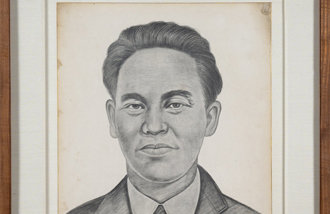Controversies over Bills Targeting Anti-Government Newspaper
Controversies over Bills Targeting Anti-Government Newspaper
Posted October. 15, 2004 23:01,
The ruling Uri Party announced a finalized version of the Law to Guarantee Functions of the Press and to Protect Readers Rights (also known as the Newspaper Act) yesterday. In this act, if a newspaper has a market share larger than 30 percent or if a combined share of three newspapers exceeds 60 percent, these newspapers are considered market-dominating businesses and become objects of regulation.
The opposition Grand National Party and some academic circles criticized this act, saying that it is an evil act in which the ruling party is trying to reform the press market by putting severe restrictions on anti-government press media and supporting pro-government ones.
Uri Party floor leader Cheon Jeong-bae said in a press conference held at the National Assembly yesterday morning, We plan to confirm this bill as party opinion this Sunday and submit it to the National Assembly next Wednesday in order to pass it in the assembly plenary meeting by the end of November.
According to this bill, newspapers defined as market-dominating businesses are excluded in such support for newspaper funds. Newspapers also have to report to the Culture and Tourism minister their total circulation, the number of printed copies, detailed assets, and total stock shares within five months from the closing day of their yearly accounts. Newspapers who fail to report on time will be fined 20 million won or less in late fees.
The Uri Party also finalized other bills such as the Broadcasting Act, revised to significantly reinforce renewals of private broadcasting companies permission, and a law for press arbitration and victim relief.
Ryu Jae-cheon, professor of the Press and Information Department at Hallim University, pointed out, The bills contains many parts that restrict the freedom of press and that disturb the order of the market economy.
GNP spokesperson Lim Tae-hee criticized the bills, saying, The Newspaper Act is a law to prolong the current administrations control as well as a law to oppress the press by force that the current political power has.
Seung-Heon Lee ddr@donga.com







